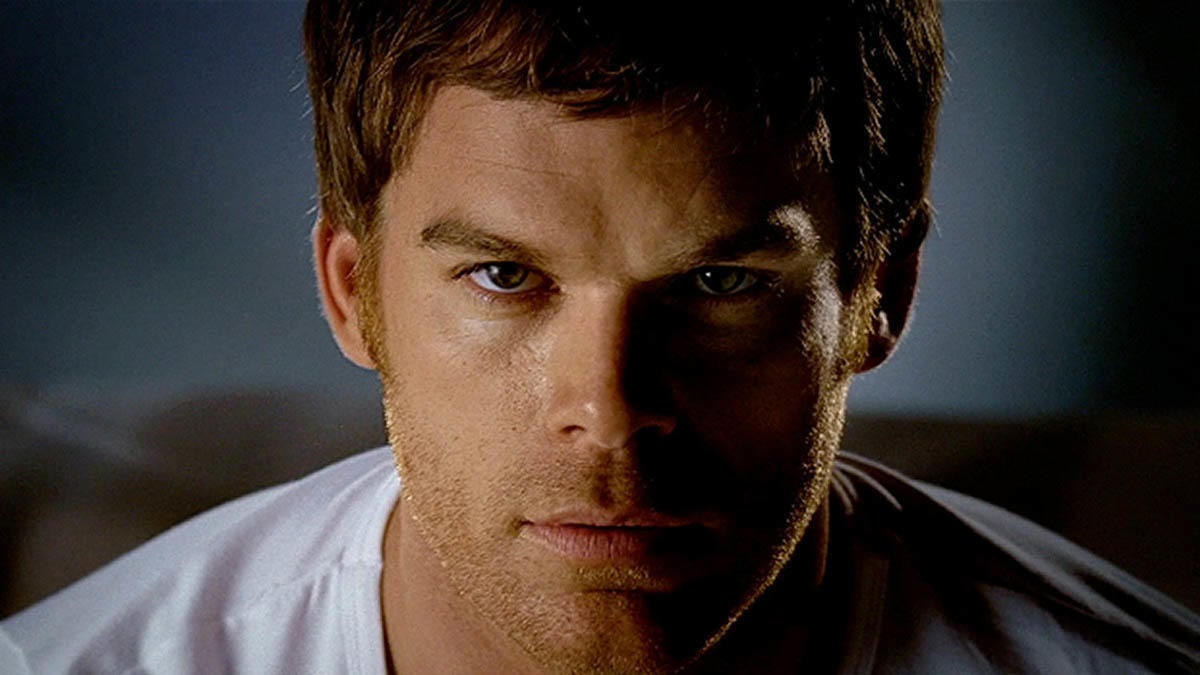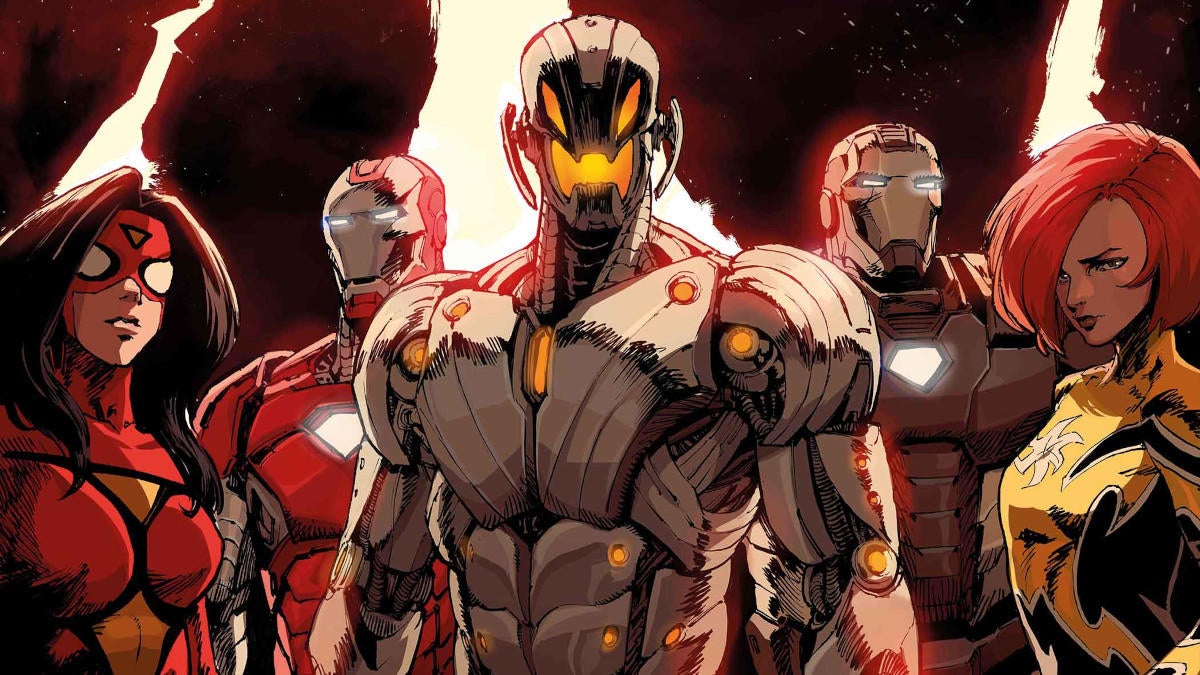Indigo Children #1 Review: Straightforward to a Fault
As a comics critic, it's easy to be cynical about how often others treat the industry and the medium as research and development for film and television. It's easy to think of a series optioned before its announcement, let alone its release, as a cash grab. Considering how little money there is in comics, it's hard to fault creators for trying to maximize the income from their efforts. Yet, it's hard not to be jaded by how many comics read like a spec script accompanied by artwork doing little more than storyboards.
Indigo Children is one of those pre-optioned series, soon to be streaming on Prime Video, should things go well. And the story does feel prepped and ready for Hollywood. Indigo Children—written by Curt Pires and Rockwell White, with artwork by Alex Diotto, colors by Dee Cunniffe, and letters by Hassan Otsmane-Elhaou—takes its name from a pseudoscientific term used by New Age types to describe people supposedly born with paranormal gifts like telepathy or increased empathy. Our protagonist, journalist Donovan Price, is investigating these children, having received video proof of their existence. His journey will take him to the other side of the world in search of one such child who mysteriously disappeared.
It's a solid enough premise for a thriller, blending journalism drama with espionage adventure. However, Indigo Children #1 is straightforward to a fault, doing little more than establishing the plot as described and doing so with remarkable inefficiency. Several characters walk into and out of the story with barely a word, leaving readers to wonder why they were even there.
The issue's use of oversized, clean letters to denote shifts in time and place evokes mainstream cinema's recent fondness for location typography that's aggressively large. The lines and layouts are derivative of David Aja, but with some clumsiness, such as where readers encounter dialogue about a thing upfront with the object tucked in a corner, leaving them potentially confused about what the dialogue is referencing. But the thick colors that seem to sit on top of the line work rather than within their boundaries add a surreality to the comic that bodes well if it's going to tread the line between the physical world and the world of the mind which only the indigo children can glimpse.
But for what is ostensibly a thriller, Indigo Children #1 fails to build any tension. Aside from the gunpoint ending of the issue, the only threat Donovan encounters on his journey is a single agent—presumably of the state, though it's never confirmed—who follows Donovan to his hotel room and assaults him in the night. Luckily for Donavan, this agent is among the most incompetent to ever the grace fiction. He makes enough noise to wake his victim, misjudges whether the clothes hanger mounted on the wall is strong enough to hold the dangling Donovan long enough for him to die, then somehow allows the near-asphyxiated journalist to get to his feet and use the hanger to bludgeon him to death before he can draw the gun at his waistline. It's not an impossible situation—people get lucky, people make mistakes, and people aren't always on top of their game—but it undercuts all those warnings people keep throwing at Donovan about not knowing the powers he's messing with when his first encounter with one of their number is botched this embarrassingly.
Indigo Children #1 doesn't deliver enough. It's derivative, ineffective at the basic tenets of the genre it's trying to play in, and the execution of its simple plot is rough around the edges. One might be able to overlook all of these sins if offered a strong enough central hook. Instead, it barely realizes its pitch, and what is here feels well-worn. It should be easy for Amazon to adapt, but it's a wanting debut.
Published by Image Comics
On March 29, 2023
Written by Curt Pires and Rockwell White
Art by Letizia Alex Diotto
Colors by Dee Cunniffe
Letters by Hassan Otsmane-Elhaou
Cover by Alex Diotto




